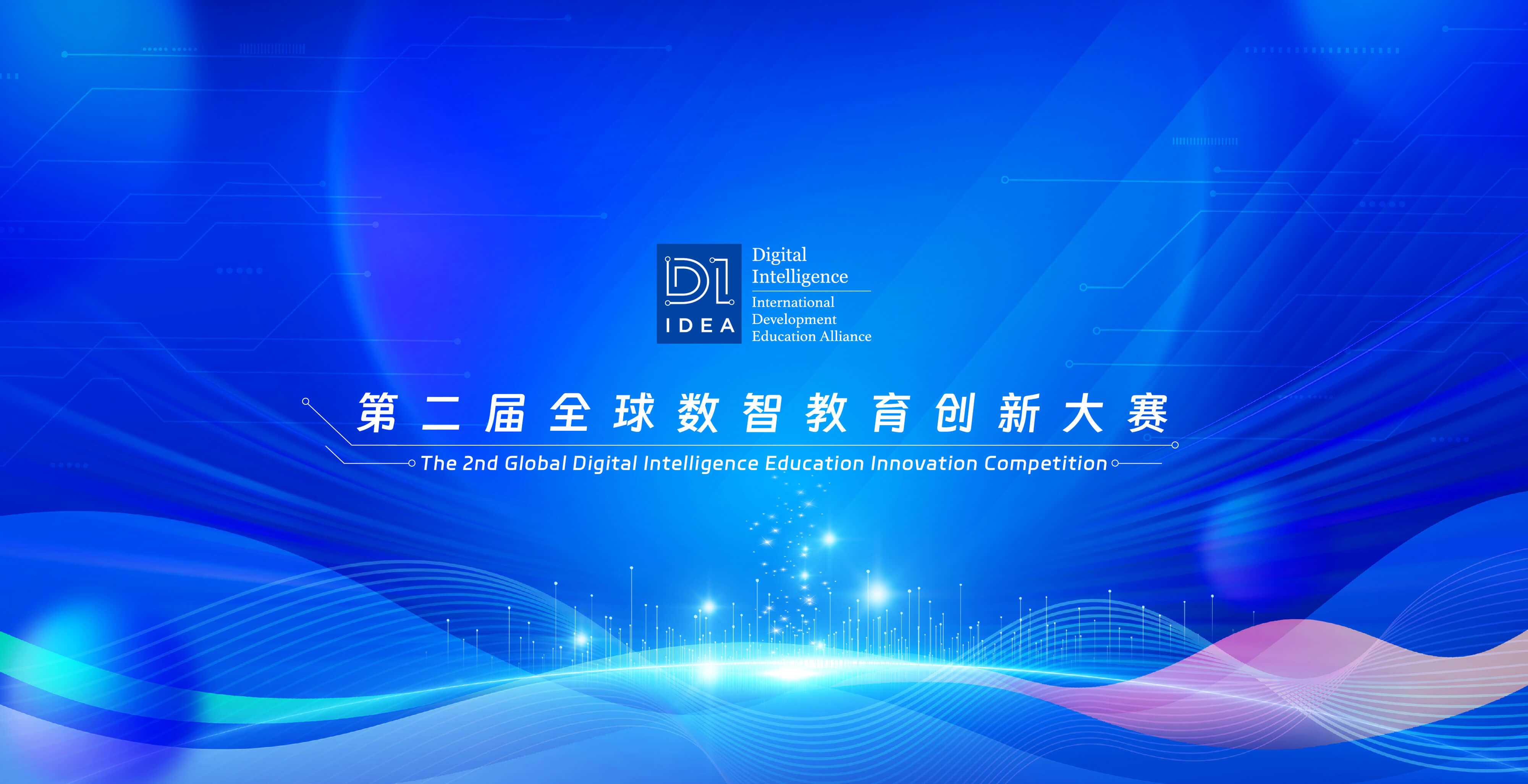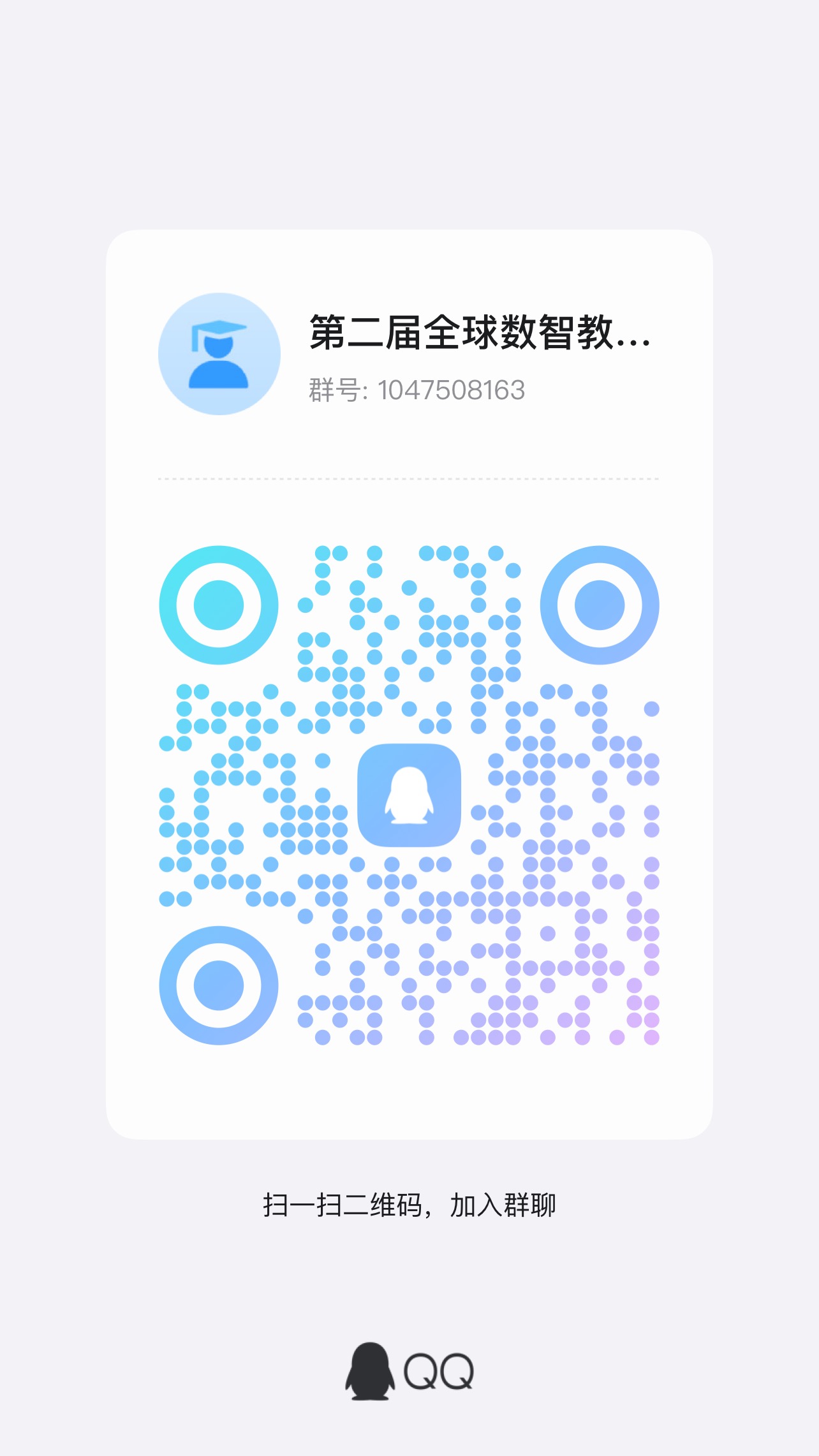In order to inspire global college students to use geoinformatics and digital intelligence technologies to solve practical problems in human society and enhance their application and innovation capabilities in the field of "digital intelligence + geoinformatics", the Global Digital Intelligence Education Innovation Competition has specially set up the Geoinformatics Track. This track aims to encourage participants, through interdisciplinary integration and innovation, to deeply combine digital intelligence technologies such as big data and artificial intelligence with geoinformatics. They are required to independently select topics around key fields such as agriculture, forestry, meteorology, ocean, transportation, and urban governance, and develop innovative solutions with practical value, jointly expanding the application scenarios and industrial boundaries of geoinformatics technologies. The relevant matters are hereby notified as follows:
- Participation Requirements
- Submission Requirements
- Competition Process
- Competition Schedule
- Award Settings
- Intellectual Property Statement
- Q&A group
1.Eligibility: Full-time undergraduate, master's, or doctoral students from global universities are eligible to participate, based on the competition registration deadline. The number of team members for each participating project shall not exceed 10, and the number of members from the same university shall not exceed 5. Each person is only allowed to participate in one participating project team of an innovation track.
2.Instructors: Each participating project can hire 1-2 instructors, who must be officially employed teachers of the alliance member units. If all members of the participating team are from non-alliance member units, they need to contact and hire 1 instructor from an alliance member unit on their own. After the registration deadline, the team leader, members, and instructors shall not be changed.
3.Originality Requirements: All submitted materials must ensure originality. False information, plagiarism, or infringement of others' intellectual property rights are strictly prohibited. Once discovered, the participation qualification will be cancelled. Personnel involved in question writing and data access in the competition organizers and technical support units are prohibited from participating.
- Participation Requirements
- Submission Requirements
- Competition Process
- Competition Schedule
- Award Settings
- Intellectual Property Statement
- Q&A group
1.Preliminary Round: A project application form needs to be submitted(the project application template can be downloaded at registration website—Project Information—Other), clearly stating the project background, innovation, technical route, expected results, and other contents.
2.Semi-final and Final Rounds: A project technical report and presentation PPT need to be submitted, and supplementary materials such as datasets, project source codes, and demonstration videos can be attached to comprehensively demonstrate the project's innovation, technical strength, and social value.
- Participation Requirements
- Submission Requirements
- Competition Process
- Competition Schedule
- Award Settings
- Intellectual Property Statement
- Q&A group
1.Registration: The specific registration start date will be notified separately. Please pay attention to the official competition website to obtain registration information in a timely manner.
2.Preliminary Round Submission: Complete and submit the project application form within the specified submission period of the preliminary round.
3.Preliminary Round Review: The expert panel will review the submitted project plans and select projects with technical advantages, meeting the requirements of innovative applications and capable of implementation and transformation to enter the semi-final round.
4.Semi-final Round Submission: The teams that enter the semi-final round need to complete and submit a full set of materials such as the project technical report and presentation PPT within the specified submission period of the semi-final round.
5.Final Round Defense: The specific time will be announced later. The defense will be held in Beijing, China (or online). Each team needs to prepare sufficient defense materials to showcase the project's innovation points and practical application value.
6.Award Ceremony: An award ceremony will be held after the final round to commend the winning teams. The specific time and form will be notified separately.
- Participation Requirements
- Submission Requirements
- Competition Process
- Competition Schedule
- Award Settings
- Intellectual Property Statement
- Q&A group
Registration
- Registration Start: April 28, 2025
- Registration End: July 15, 2025
Preliminary Round
- Preliminary Round Submission Start: April 28, 2025
- Preliminary Round Submission End: August 1, 2025
Semi-final Round
- Semi-final Round Submission Start: August 15, 2025
- Semi-final Round Submission End: The specific time will be announced later
Final Round
- Final Round Defense: From September to October, the specific time will be announced later
Awarding
The awarding ceremony will be held in early November 2025. The awarding ceremony will be held in Beijing, China, and the specific time and form will be notified separately.
All the times mentioned in the competition schedule are Beijing time. The competition organizing committee reserves the right to update the competition system and schedule when necessary.
- Participation Requirements
- Submission Requirements
- Competition Process
- Competition Schedule
- Award Settings
- Intellectual Property Statement
- Q&A group
This track sets up multiple awards such as gold awards, silver awards, bronze awards, and excellence awards. The specific awards and bonus settings are as follows (the amounts are pre-tax amounts, in RMB):
1.Gold Award: 1, with a bonus of 100,000 yuan.
2.Silver Award: 1-3, with a bonus of 30,000 yuan for each.
3.Bronze Award: 3-5, with a bonus of 10,000 yuan for each.
4.Excellence Award: 6-10, with a bonus of 2,000 yuan for each.
- Participation Requirements
- Submission Requirements
- Competition Process
- Competition Schedule
- Award Settings
- Intellectual Property Statement
- Q&A group
1.All process data belongs to the organizer. The organizer, supporters, and participants are responsible for keeping the data confidential and shall not use or disseminate the process data outside the scope of the competition without permission.
2.During the competition, the intellectual property rights of any means used by the participants, including algorithms, work processes, etc., belong to the participants.

